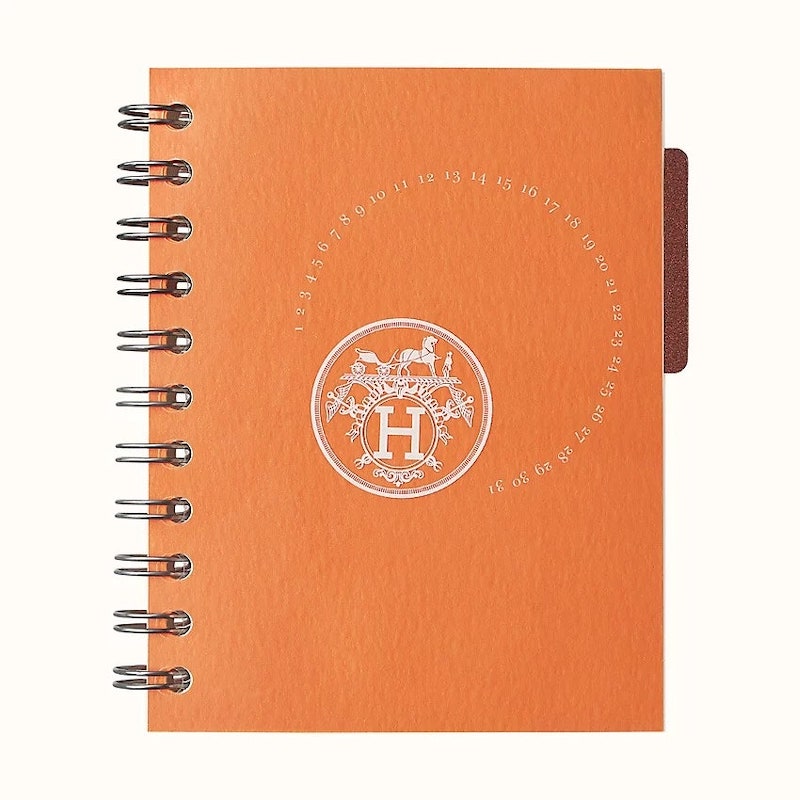It would be easy to say that self-improvement is intangible, and it would also be a lie. As technology continues to accelerate forward, there has been a corresponding rise in the spectre of the quantified self—the cultural phenomenon of tracking yourself to gain increased self-knowledge and awareness through numbers. Indeed, we now have apps that can tally our daily steps, chart our sleep patterns and log the minutiae of our moods—before spitting out the data in unflinching reports that calibrate your self-worth down to the finest decimal.
In the new economy of metrics, habit trackers have increasingly been finding favour—a calendar format planner that allows you to tick off days that you have stuck with your habit. Though initially designed to monitor progress in your journey, there is growing concern that they can serve as a stark reminder of the plateau periods. That time you couldn’t exercise in the morning because you were having a tough day mentally and couldn’t get out of bed till noon? In the binary, yes-or-no world of trackers, there is little room for leeway or justification. The core notion of wishful thinking has slowly been cannibalised by the wolfish optimism that you can unlock the best version of yourself—if you just walk more steps or get enough ticks on your sheet.
It comes as little surprise then that mental health experts are sounding the alarm on this perilous pursuit of perfection through habit trackers. Aanchal Narang, a Mumbai-based psychologist, believes that the core foundation of such trackers capitalises on the sense of failure that stems from not ticking a box. “For someone who is harsh on themselves, this is the physical embodiment of their inner critic. These trackers attempt to leverage the sense of failure to get people to get up and do something. It might work for some people and they might take it as a challenge but in other cases, it adds to the existing dialogue of low self-esteem and feelings of inadequacy,” she says.
How to make habit trackers work for you
So, is there a way to employ the benefits of a habit tracker to monitor your progress as originally intended? Karan Joshi, founder of Odd Giraffe, believes that it’s essential to remember that developing habits takes time. “Your efforts won’t show results for a long amount of time, which is why you need a reason to stick with it in the short-term, and this is where habit trackers come in,” he explains. And the fear of a broken streak needn’t serve as a marker of shame but rather, a visual roadmap to getting back on track, believes Sakshi Sanghavi, co-founder of homegrown planner label, Humanhood. “Perfection isn’t possible, but it helps to remember a simple mantra: never miss twice. The moment you break a streak and miss the action once, it helps to get back as quickly as you can. This helps avoid a spiral of repeated mistakes because it’s never the first one that derails your habit—it is the ensuing domino of misses,” she explains.
The notion finds further heft with Riya Poojary, an associate creative director at BBC Studios, who has found habit trackers immensely helpful for staying grounded during uncertain times. “For me, a broken streak is essentially a mirror, reflecting back those areas of my life that I wish to work upon,” she shares. On the other side of the coin, the 28-year-old believes it is also essential to take into account the sense of accomplishment from a continued streak. “Given the times we live in, nobody is making a bucket list of 30-things-to-do-before-30 anymore. A habit tracker is my small but handy replacement to ensure that I end the day on a high,” she says.
To avoid feeling weighed down by your habit tracker, Joshi recommends starting with smaller changes that are easier to maintain. “Once you start developing the simple yet effective habits, you’ll find that you aren’t obsessed with metrics but rather, the outcome. You can then slowly add more long-term goals and habits to the list,” he advises. It also helps to contextualise the experience for yourself, adds Narang. “Simple adjustments can help, such as allotting space for why you are taking an off or breaking your streak to ensure that you establish sustainable habits that do not take away from the set goal,” she concludes.
Here’s our curation of habit trackers for 2022:
Hermès Ulysse Calendar

2022 Daily Planner, An Organised Life

Wild Woods Daily Planner, Dots & Doodles

Leather Mara Portobello 2022 Diary, Smythson

This story was originally published on Vogue India.





